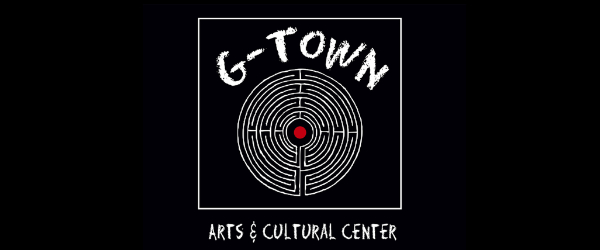
Contributed by Jonathan Stevenson / These times demand both mordant humor and serious contemplation, which helps explain the prevalence of meticulously packaged black comedies in cinema. Two prominent and very good ones that come to mind are Emerald Fennells Promising Young Woman, a diamond-hard dissection of the extended kill-chain of sexual predation featuring Carey Mulligan as a martyr to vengeance, and J Blakesons I Care a Lot, an anti-Trumpist parable with Rosamund Pike playing a sociopathic grifter masquerading as a selfless social worker. Below the radar but comparably sharp is Lawrence Michael Levines Black Bear, a slyly reflexive disquisition on the highly fraught process of integrating life and art in this case, making movies.
Examining the often disagreeable plumbing of filmmaking through film itself is a hallowed tradition of dramatic cinema that broadly includes Preston Sturges Sullivans Travels, Fellinis 8, Godards Contempt, Dennis Hoppers The Last Movie,Tim Burtons Ed Wood, Tom DeCillos Living in Oblivion, Spike Jonzes (and Charlie Kaufmans) Adaptation, and, recently, David Finchers Mank, to name a few of many. What Black Bear, acted with brilliant fluidity by the three leads, brings to this crowded table is a paradoxically assured grasp of the turbulent contingency of the creative process and the inevitable blurring of what is real and what is imagined.
The film is divided into two cringe-making, Cassavetes-esque stories, both set in a rustic artist retreat in the Adirondacks, bookended by the same scene of screenwriter-actress Allison (Aubrey Plaza) alone in a swimsuit on a dock in a becalmed lake. In the first part, Allison comes to the retreat to develop ideas for a film, hosted by a tense couple. Gabe (Christopher Abbott), a halting musician, and his partner Blair (Sarah Gadon), resentfully pregnant, acidulously and hilariously contradict each other at every turn of an increasingly drunken dinner conversation. Allison eggs on their passive-aggressive antagonism while enticing Gabe, and the evening ends very badly. Jeopardy to the unborn child brings the three together as they drive to the hospital, but Allison crashes the car to avoid hitting a black bear in the middle of the road.
Their fate uncertain, the film cuts abruptly to the second scenario in which all the facts are rearranged. Now Gabe and Allison are married. She is still a screenwriter-actress, but he is the director and Blair the co-star of the movie she has penned and is headlining, presented as her potential breakout. Gabe is manipulative and abusive, planting the idea, with Blairs collaboration, that the two of them are carrying on in order to generate piquancy in Allisons acting. At first the ploy backfires, as a despairing Allison gets sloppy drunk and flubs repeated takes. She sobers up a little and finds a sweet spot, delivering a scintillatingly nasty scene, but remains distraught over Gabes apparent infidelity. Searching for him after cast and crew have scattered, she is frightened by a brush with a black bear. When her worst fears are confirmed, however, she appears to surrender herself to the threatening beast.

The bear seems to represent hovering risks to comforting understandings, perceptions, and relationships. In the final scene, Allison starts her screenplay, titled Black Bear, which registers the disciplined remove from the experiences that inform art that making art usually requires. More importantly, in the uncertainty it raises about precisely what we have just watched, the scene recognizes that because existential stability is perpetually fragile, any artist’s creative output is a stew of fact and fiction, rejected and embraced, sometimes including visions of dire implosion. The black bear cometh.
Black Bear, written and directed by Lawrence Michael Levine. Distributed by Momentum Pictures, 2020. Available to stream on Amazon Prime.
Related posts:
Fiction: The Teddy Bears [Laurie Fendrich]
Deborah Brown loves animals

























Great review and thanks for bringing it above the radar! Looking forward to seeing it